

HEALTH
Train more eye nurses to detect early blindness

Date Created : 10/16/2017 5:32:20 AM : Story Author : Emmanuel Buorokuu/Ghanadistricts.com
The Head of Eye Care Unit of the Ghana Health Service Dr. James Addy made the call at the National Launch of this years ‘Sight Day’ at Ejisu, in the Ejisu-Juaben Municipality in the Ashanti Region under the theme “Universal Eye Health – make vision count”.
He said diabetes retinopathy diseases were part of the colony of diseases which were ranked third major cause of blindness in the country after cataract and glaucoma.
He stated that there was 98 percent chance of survival at the early stage when detected and so called on Ghanaians to report early at recognized hospitals regularly to check their sight for early detection and prevention of blindness.
Dr. Addy indicated that 89 percent of low vision cases were due to unavoidable causes and rural residents and the poor stood a greater risk of blindness due to low access and affordability of eye care service.
According to Dr. Addy statistics of blindness and visional impairment have shown that more Ghanaians are on the verge of getting blind because they suffer a severe visual impairment and 207,000 people, representing 0.74 of the population had totally gone blind.
In his address, the Director in charge of institutional care, a Division of the Ghana Health Service, Dr. Samuel Kaba said globally identifies public health issues had farreaching socio- economic consequences and that blindness and visual impairment were associated to poverty.
He said the Ghana Eye Health Programme was committed to working towards the reduction of avoidable blindness and visual impairment in the country to meet the vision 2020 Programme
Dr. Kaba stated that Ghana Health Service is taken measures to address uneven distribution of Eye nurses in the country and is collaborating with training institutions to identify the targeted need based to deal with the situation.
The Chief Executive Officer of Standard Chartered, Ms. Mansa Nettey, said the bank was carrying out a number of initiatives to support national interventions to ensure a great number of age population get access to good eye care services.
According to her, one percent of Ghana’s population had severe visual impairment and it was for this reason that SIB, a global initiative to tackle avoidable blindness and visual impairment had helped raise funds for Eye Health and its related diseases.
In her welcome address, the Ejisu- Juaben Municipal Chief Executive, Mrs. Beatrice Serwaa Daakye commended Ghana Health Service and Standard Chartered Bank for creating the platform for the people of the area to examine their sight and appealed to the service providers to do more to help do away with the global menace.
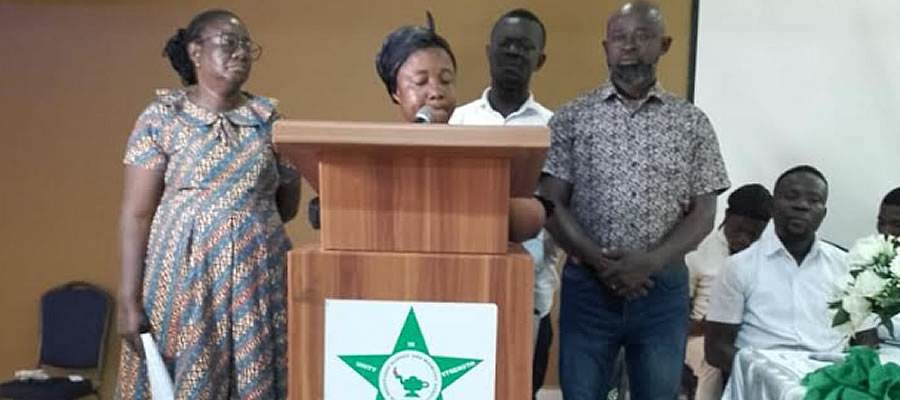
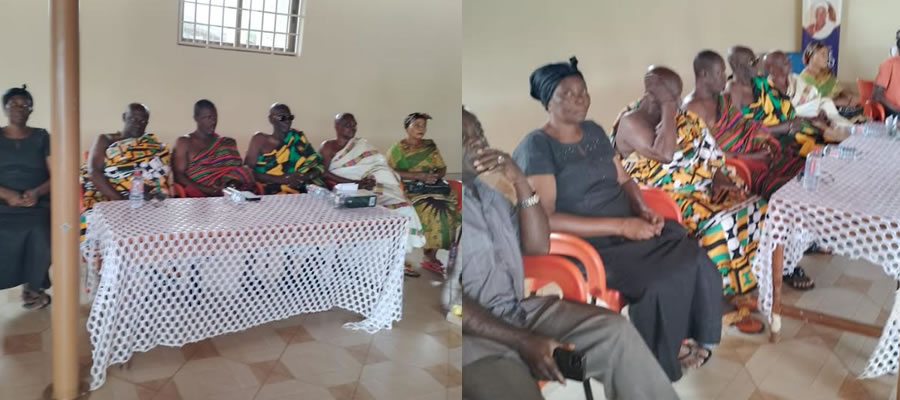




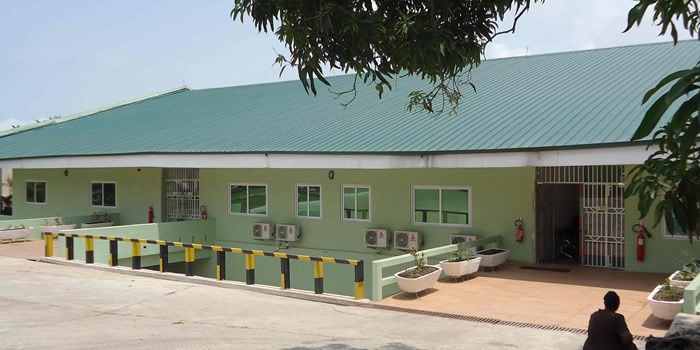
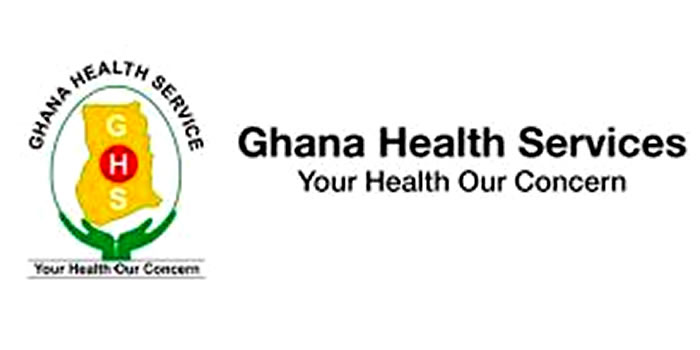
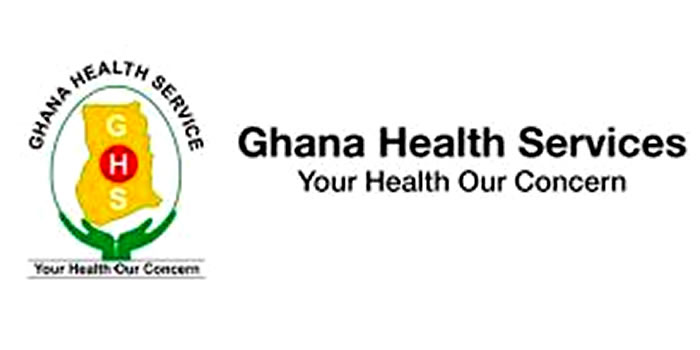
 facebook
facebook
 X
X
 Youtube
Youtube
 instagram
instagram
 +233 593 831 280
+233 593 831 280 0800 430 430
0800 430 430 GPS: GE-231-4383
GPS: GE-231-4383 info@ghanadistricts.com
info@ghanadistricts.com Box GP1044, Accra, Ghana
Box GP1044, Accra, Ghana